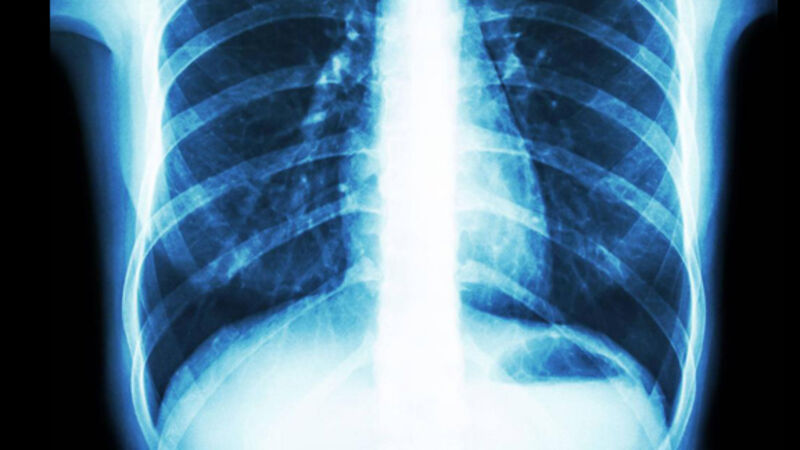The signs and symptoms of lung cancer

WHILE it’s long been associated with smoking, lung cancer can actually affect anybody even those who’ve never smoked up a cigarette in their life.
So everybody should be aware of the signs and symptoms.
Try from €1.50 / week
SUBSCRIBEWHILE it’s long been associated with smoking, lung cancer can actually affect anybody even those who’ve never smoked up a cigarette in their life.
So everybody should be aware of the signs and symptoms.
Already a subscriber? Sign in
You have reached your article limit.
Annual €130 €80
Best value
Monthly €12€6 / month
Introductory offers for new customers. Annual billed once for first year. Renews at €130. Monthly initial discount (first 3 months) billed monthly, then €12 a month. Ts&Cs apply.
CONNECT WITH US TODAY
Be the first to know the latest news and updates
CONNECT WITH US TODAY
Be the first to know the latest news and updates

Our team of experts are on hand to offer advice and answer your questions here
Newsletter
The best food, health, entertainment and lifestyle content from the Irish Examiner, direct to your inbox.
© Examiner Echo Group Limited